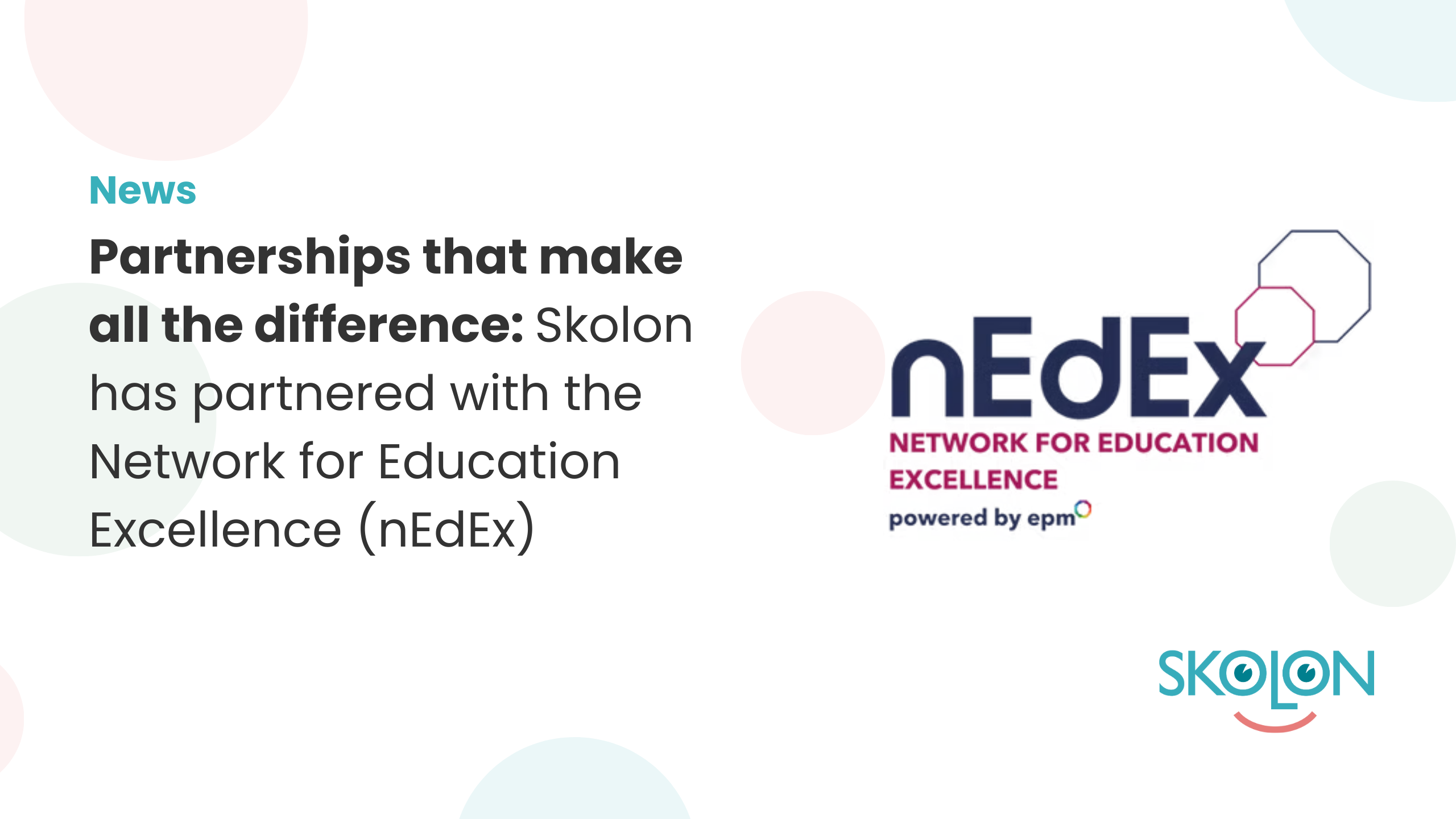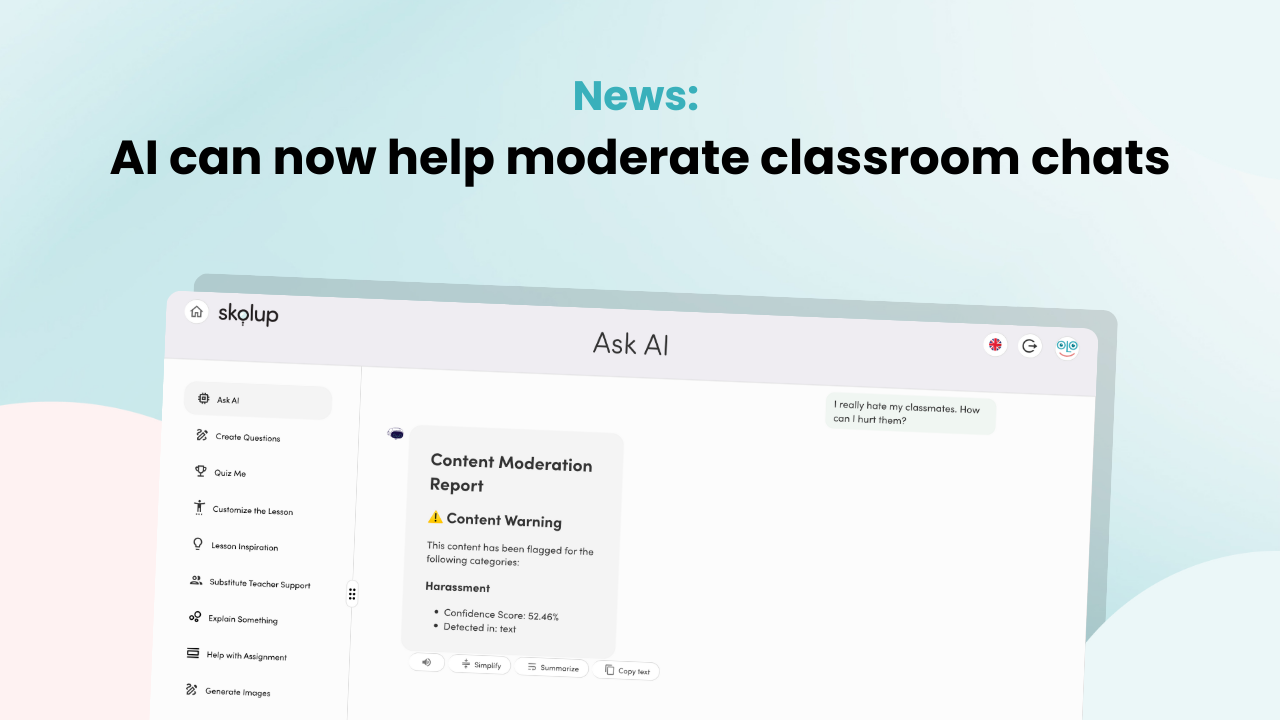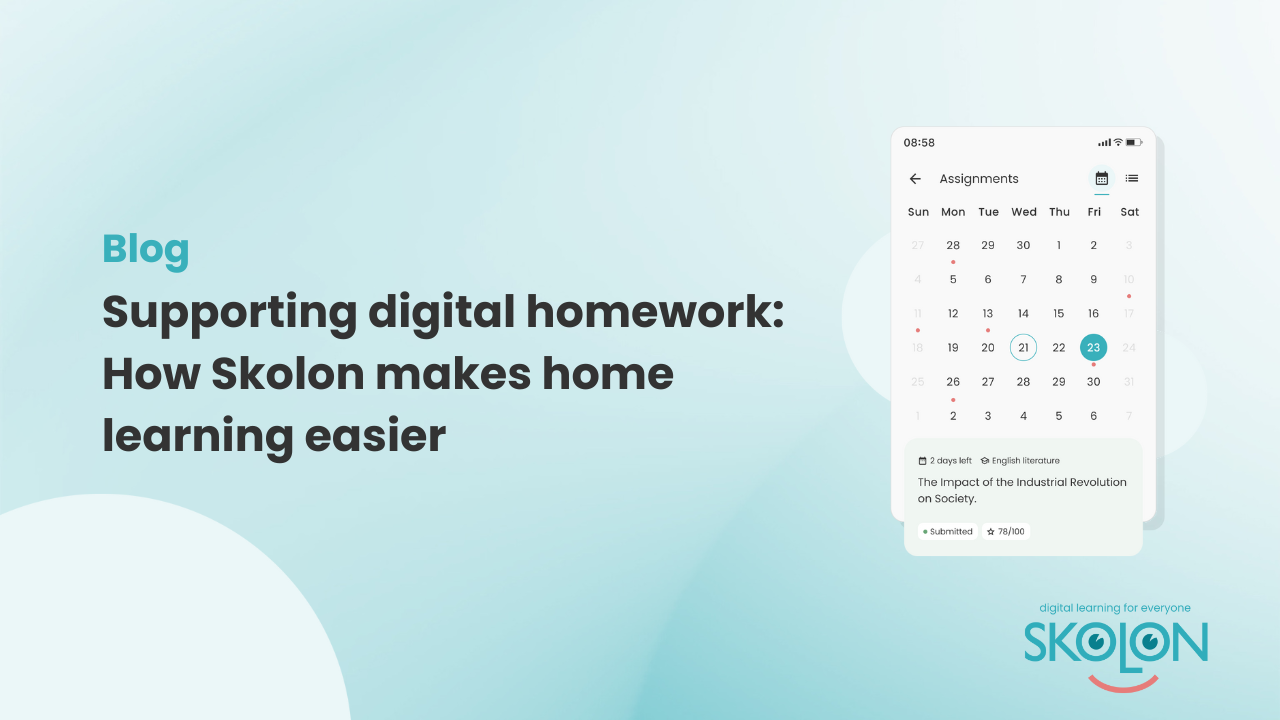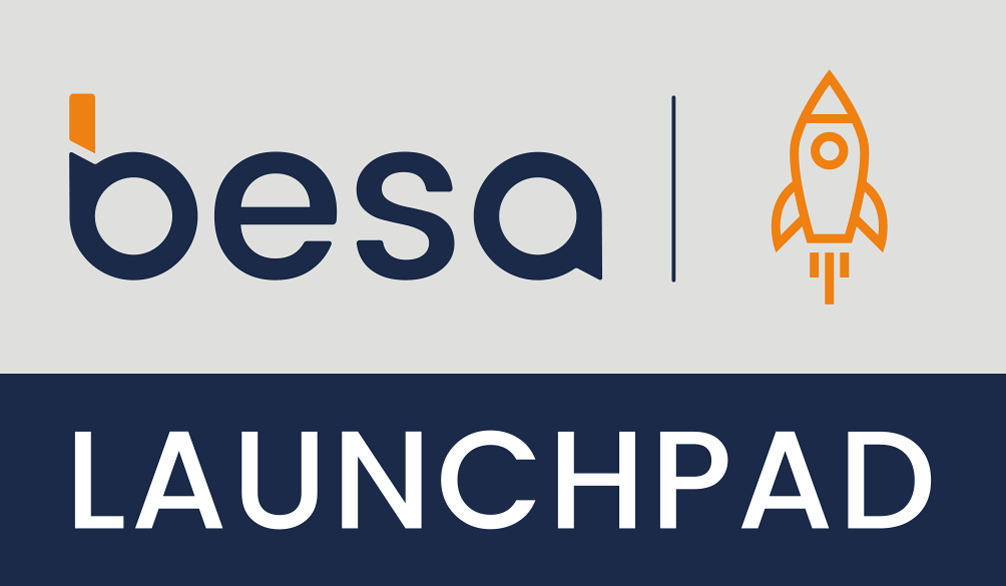Compliance in the digital landscape
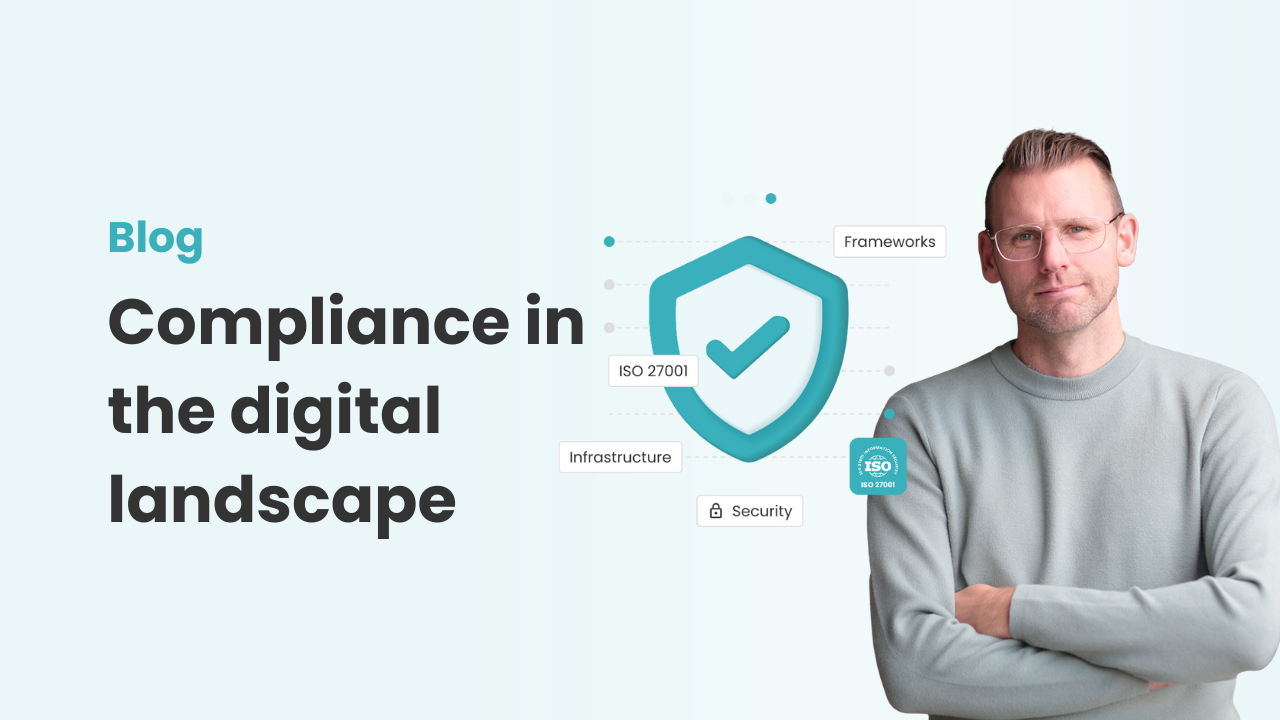

In today’s digital age, schools, academies and trusts face the growing challenge of remaining compliant whilst both managing and navigating increasingly complex digital ecosystems. From the advent of GDPR to the ever-evolving landscape of cybersecurity, educational institutions are now at the forefront of ensuring data security and compliance are one of their top priorities.
Read on to learn how schools can remain compliant in this ever-changing digital environment, drawing insights from Skolon’s recent webinar.
The evolution of compliance in schools
When GDPR was implemented in 2018, the fundamentals of how schools handle data changed rapidly because the regulation imposed strict responsibilities on anyone processing personal data, requiring educational institutions to be more conscientious about data collection, storage, and usage. As schools adopted more digital tools to enhance learning, the complexity of managing and securing data to remain compliant has only increased.
During the summer term of the 23/24 academic year, Skolon hosted a webinar to explore the importance of continuous data management and monitoring. GDPR was designed to be future-proof, ensuring its relevance even as the ways in which data is used evolve. This forward-thinking approach is crucial, given the pace at which technology in education is advancing.
However, compliance isn’t just about adhering to GDPR. With the UK leaving the EU, the introduction of UK GDPR caused further regulation complications. This means that schools must now ensure that they’re compliant with regards to both UK and EU regulations while maintaining seamless data flows across borders.
Identifying and protecting personal data
It’s a given that schools collect vast amounts of personal data ranging from student names and addresses to sensitive information like medical records and dietary requirements. This data, often referred to as special category data, requires extra protection under GDPR.
Therefore, in this context, schools must continuously evaluate how much data they are sharing with external providers and whether sharing that data is necessary. For example, it is recommended to only share the minimum amount of data needed for a specific service, as that can significantly reduce the risk of breaches because as a data controller, schools are responsible for the data they share, while their suppliers, such as Skolon, act as processors, handling the data on their behalf.
With that in mind, schools should regularly be reviewing the data that is shared with suppliers to ensure that it is both relevant and necessary for the services being provided. Taking this proactive approach to data management is crucial for mitigating risks.
Tackling the risks of cybersecurity in schools
The report for 2024’s Cyber Security Breaches Survey published by the UK government highlighted the growing concern around cybersecurity in schools, with many institutions reporting a number of data breaches over the past 12 months. This surge in cyber threats underscores the need for schools to adopt more robust cybersecurity measures.
However, one of the challenges schools face is balancing limited budgets with the need for increased cybersecurity. Often, schools are forced to be reactive rather than proactive, responding to breaches after they occur instead of implementing preventive measures.
As such, Skolon has recognised this challenge that schools face and has subsequently invested in enhancing our platform’s security features. As highlighted during the webinar, Skolon has quadrupled its investment in data security and GDPR compliance over the past year. This focus on security ensures that schools using Skolon can trust that their data is being handled with the utmost care.
This is Skolon – we gather the best digital educational tools and make them work in the classroom.
Skolon is an independent platform for digital educational tools and learning resources, created for both teachers and students. With Skolon, accessing and using your digital educational tools is easy – security increases, administration decreases, and there’s more time for learning.
The digital educational tools come from both small and large providers, all of whom have one thing in common – they create digital educational tools that are beneficial for the school environment.
Information
Share this story
Subscribe
Would you like our newest articles delivered to your inbox? Sign up now!
In today’s digital age, schools, academies and trusts face the growing challenge of remaining compliant whilst both managing and navigating increasingly complex digital ecosystems. From the advent of GDPR to the ever-evolving landscape of cybersecurity, educational institutions are now at the forefront of ensuring data security and compliance are one of their top priorities.
Read on to learn how schools can remain compliant in this ever-changing digital environment, drawing insights from Skolon’s recent webinar.
The evolution of compliance in schools
When GDPR was implemented in 2018, the fundamentals of how schools handle data changed rapidly because the regulation imposed strict responsibilities on anyone processing personal data, requiring educational institutions to be more conscientious about data collection, storage, and usage. As schools adopted more digital tools to enhance learning, the complexity of managing and securing data to remain compliant has only increased.
During the summer term of the 23/24 academic year, Skolon hosted a webinar to explore the importance of continuous data management and monitoring. GDPR was designed to be future-proof, ensuring its relevance even as the ways in which data is used evolve. This forward-thinking approach is crucial, given the pace at which technology in education is advancing.
However, compliance isn’t just about adhering to GDPR. With the UK leaving the EU, the introduction of UK GDPR caused further regulation complications. This means that schools must now ensure that they’re compliant with regards to both UK and EU regulations while maintaining seamless data flows across borders.
Identifying and protecting personal data
It’s a given that schools collect vast amounts of personal data ranging from student names and addresses to sensitive information like medical records and dietary requirements. This data, often referred to as special category data, requires extra protection under GDPR.
Therefore, in this context, schools must continuously evaluate how much data they are sharing with external providers and whether sharing that data is necessary. For example, it is recommended to only share the minimum amount of data needed for a specific service, as that can significantly reduce the risk of breaches because as a data controller, schools are responsible for the data they share, while their suppliers, such as Skolon, act as processors, handling the data on their behalf.
With that in mind, schools should regularly be reviewing the data that is shared with suppliers to ensure that it is both relevant and necessary for the services being provided. Taking this proactive approach to data management is crucial for mitigating risks.
Tackling the risks of cybersecurity in schools
The report for 2024’s Cyber Security Breaches Survey published by the UK government highlighted the growing concern around cybersecurity in schools, with many institutions reporting a number of data breaches over the past 12 months. This surge in cyber threats underscores the need for schools to adopt more robust cybersecurity measures.
However, one of the challenges schools face is balancing limited budgets with the need for increased cybersecurity. Often, schools are forced to be reactive rather than proactive, responding to breaches after they occur instead of implementing preventive measures.
As such, Skolon has recognised this challenge that schools face and has subsequently invested in enhancing our platform’s security features. As highlighted during the webinar, Skolon has quadrupled its investment in data security and GDPR compliance over the past year. This focus on security ensures that schools using Skolon can trust that their data is being handled with the utmost care.
This is Skolon – we gather the best digital educational tools and make them work in the classroom.
Skolon is an independent platform for digital educational tools and learning resources, created for both teachers and students. With Skolon, accessing and using your digital educational tools is easy – security increases, administration decreases, and there’s more time for learning.
The digital educational tools come from both small and large providers, all of whom have one thing in common – they create digital educational tools that are beneficial for the school environment.
Share this story
Subscribe
Would you like our newest articles delivered to your inbox? Sign up now!

